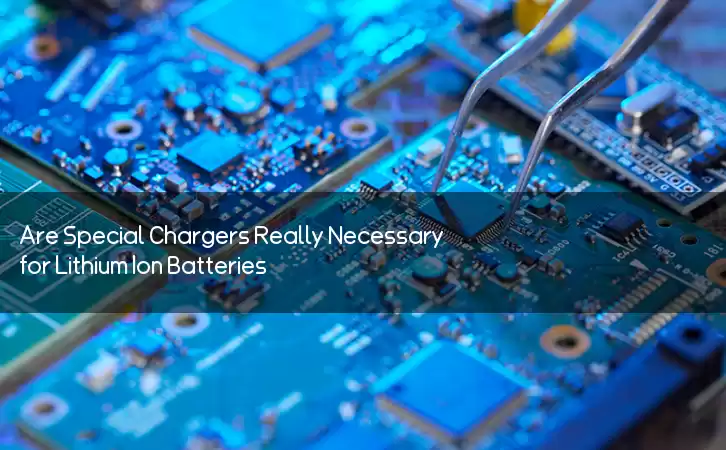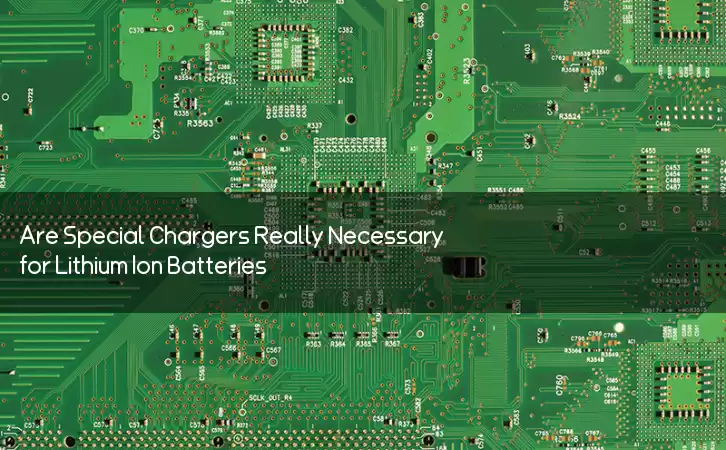Information Center
Are Special Chargers Really Necessary for Lithium Ion Batteries?
Published:2023-08-07 00:36:20 Author:Green WCND Views:71Lithium ion batteries have become an increasingly popular choice for consumer electronics due to their high energy density and long lifespan. Devices that commonly use lithium ion batteries include smartphones, laptops, tablets, and electric vehicles. However, there has been confusion among consumers over whether or not special chargers are needed for these batteries.

The short answer is: it depends. While lithium ion batteries do not necessarily require a special charger, it is recommended to use a charger provided by the manufacturer of the device. Using a non-manufacturer charger can potentially damage the battery or cause it to fail prematurely.

One reason for this is the charging rate of the battery. Rapid charging, which allows the battery to be charged in a short amount of time, can put excess stress on the battery and cause it to overheat. In some cases, the battery may even explode. Manufacturers typically design their chargers to regulate the charging rate and prevent this from happening.
Another factor to consider is the voltage capacity of the battery. Each lithium ion battery has a specific voltage range that is safe for charging. Using a charger with a different voltage output can damage the battery or even cause a fire. The manufacturer’s charger will match the voltage range of the battery.
It is important to note that not all lithium ion batteries are the same. Some manufacturers use proprietary charging technology, which means that their chargers are specifically designed for their batteries. In this case, using a third-party charger may not only be less effective but also void the product warranty.
Furthermore, some lithium ion batteries have specific charging requirements based on their chemistry. For example, lithium cobalt oxide (LiCoO2) batteries, which are commonly used in smartphones and laptops, require a charger that can control the charging rate and temperature. On the other hand, lithium iron phosphate (LiFePO4) batteries, which are used in electric cars, have a different chemistry and require a charger that can manage the charging rate and voltage level.
In conclusion, lithium ion batteries do not necessarily require a special charger, but using a non-manufacturer charger can potentially damage the battery or cause it to fail prematurely. It is important to use the charger provided by the manufacturer or to ensure that any third-party charger is compatible with the battery’s specific voltage range and charging requirements. By doing so, you can extend the lifespan of your lithium ion battery and ensure continued optimal performance.
Power Adapter Design and Customization Guide for Portable Electric KettlesI. Common Design Types for Portable Electric Kettle Power AdaptersPortable electric ke···
I. Common Design Types of Power Adapters External Independent Type (Most Common) Design: A standalone adapter (e.g., "black brick") connected to the p···
Handheld Vacuum Cleaner Power Adapter Selection GuideIntroductionHandheld vacuum cleaners have become a mainstream tool for household cleaning due to their port···
Drill Power Adapter Selection Guide.drill-container { font-family: Arial, sans-serif; line-height: 1.6; max-width: 800px; margin: 0 auto; padding: 20px; } .dril···





